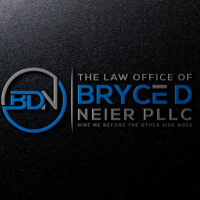Pope A F B RICO Act Lawyer, North Carolina
Sponsored Law Firm
-
 x
x

Click For More Info:
-
The Law Offices of Richard L. Cooper, P.A.
848 Brickell Avenue Suite 800 Miami, FL 33131» view mapDWI/DUI, Drug Trafficking, Felony Nationally Ranked Top 40 Under 40
With Richard L. Cooper you can expect a trusted confidant who will work diligently to fully understand your case and determine a road map to help you regain control of your life.
800-756-2781
Not enough matches for Pope A F B RICO Act lawyer.
Below are all Pope A F B Criminal lawyers.
Bryce D. Neier
✓ VERIFIEDThe Law Office of Bryce D. Neier is based in Fayetteville, North Carolina and I handle a wide range of civil matters. However, the focus of my practic... (more)
Andrew R. Dempster
✓ VERIFIEDAndrew R. Dempster Jr. "Drew" is a second generation attorney. Drew grew up in Fayetteville, North Carolina where he graduated from Pine Forest High S... (more)

 Richard L. Cooper Miami, FL
Richard L. Cooper Miami, FL AboutMiami Attorney at Law
AboutMiami Attorney at Law ServicesCriminal Defense
ServicesCriminal Defense



